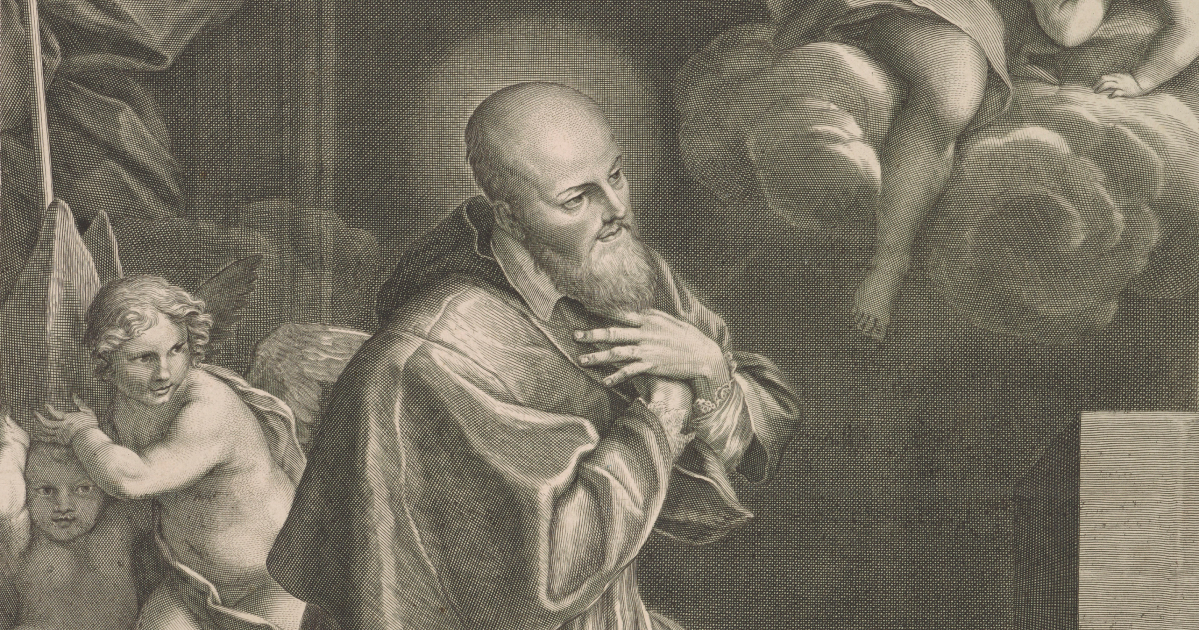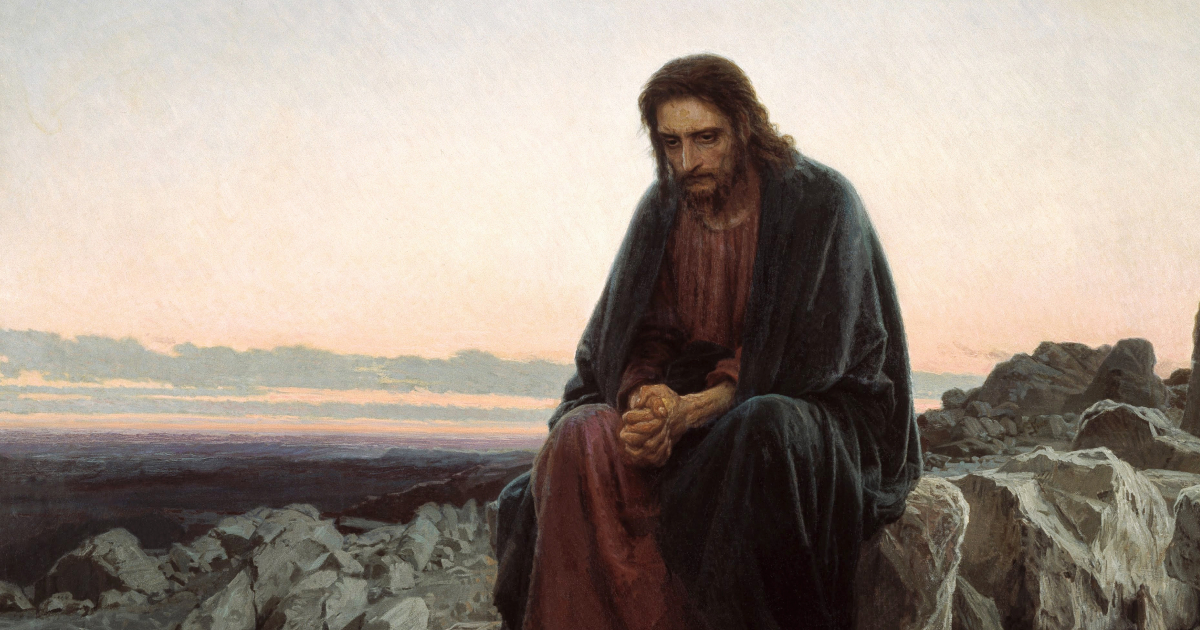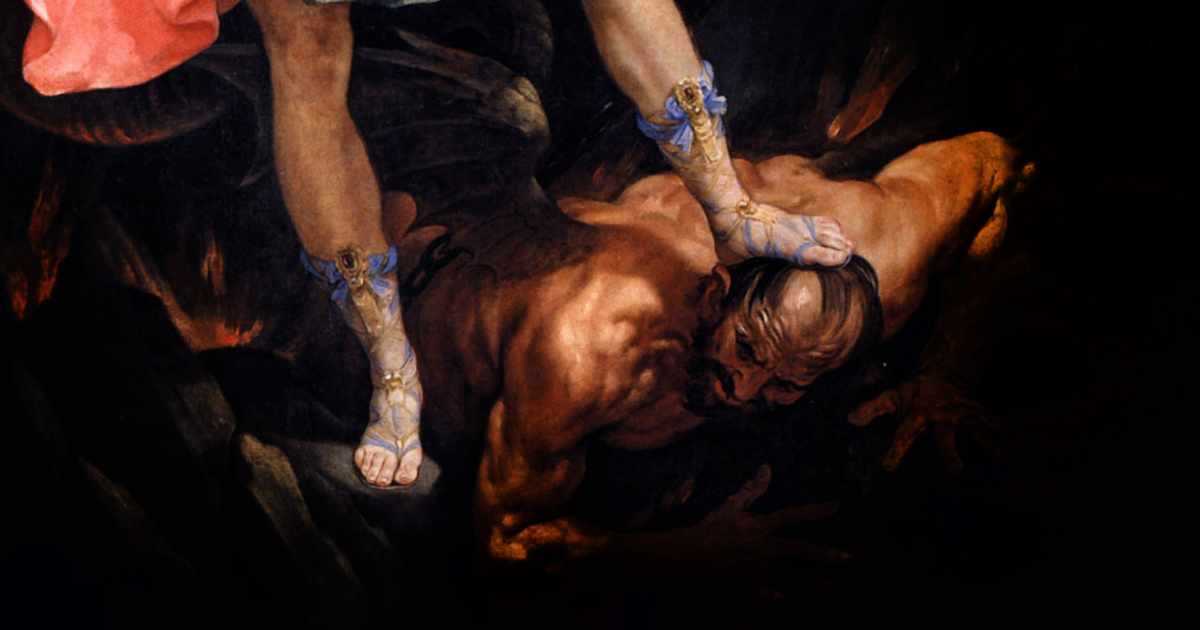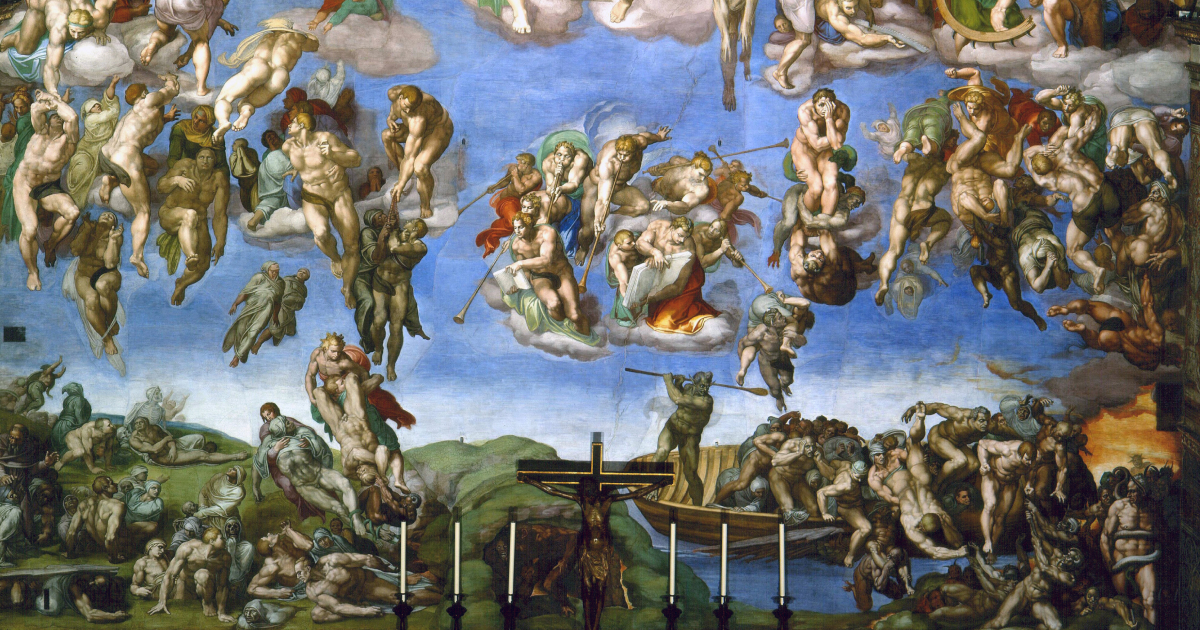Bishop Dominique Rey has spoken of his enduring conviction that the Church in France holds “immense missionary potential” despite decades of secularisation.
Talking to Tribune Chrétienne in an extensive interview, he said that Catholics must recover “true apostolic boldness” if they are to meet the spiritual hunger of contemporary society.
The former Bishop of Fréjus-Toulon, whose resignation was accepted earlier this year, gave the interview to mark the publication of his new book, My Choices, My Struggles, What I Believe, a personal reflection on twenty five years in episcopal office.
Bishop Rey insisted that fidelity to the Church’s tradition must not become a retreat into nostalgia. “Christianity is both inheritance and promise,” he said, arguing that the treasures of doctrine and liturgy must remain open to the promptings of the Holy Spirit in the present.
He also underlined the need for Catholics to offer “clear doctrinal, spiritual, ethical, and anthropological reference points” in a culture he described as “volatile and relativistic”, adding that secular pressures should not lead to timidity but rather to renewed fervour. “History shows that crises never have the last word,” he said. “My hope comes from Christ’s promise to remain with His Church.”
Turning to the liturgy, Rey described Pope Leo XIV as “cautious and attentive”, noting with interest that the Holy Father had permitted Cardinal Burke to celebrate the traditional Mass in St Peter’s.
He said the future direction of decisions concerning the older rite remains to be seen but stressed that the Pope sought “peace and unity”. His remarks were characteristically measured and avoided the polarisation that has followed Traditionis Custodes.
Bishop Rey also addressed the political labels that have followed him through much of his ministry, dismissing them as misleading. He said he had always welcomed individuals from “the right and the left” into his diocese and rejected the suggestion that hosting certain figures implied ideological alignment.
“If you look at the life of Jesus, he knew how to listen and meet everyone,” he said, recalling that he had presided at weddings for both royal households and people of very modest means.
Much of the interview reflected on the pastoral experiment that Fréjus-Toulon became during his tenure. Rey described his approach as a willingness to “trust in the creativity of the Holy Spirit”, welcoming diverse charisms and giving space for missionary initiatives to grow.
He said he would encourage younger bishops to know the concrete reality of pastoral life, to support the poor, to maintain communion amid diversity, and to cultivate “boldness and creativity with discernment but without timidity”. His emphasis on evangelisation echoed the impetus of John Paul II, whose call to a New Evangelisation shaped many of Rey’s priorities.
Speakingly openly of the trials that marked his ministry, he said these moments strengthened rather than weakened him. “I am not the owner of my mission but its humble servant,” he said, adding that difficulties had revealed “true friends” who accompanied him through adversity. Such reflections gave the interview a tone of serene detachment, as if he were viewing his past from a slight distance, with gratitude rather than bitterness.
His departure from Toulon, however, was an undeniably painful moment. Asked how he experienced the transition, Rey employed an image taken from travel: “On a train, there are two types of seats: those facing backwards, with the risk of dwelling on the past, and those facing forwards.”
He said he had chosen to face forward, continuing to serve through spiritual direction, parish ministry, retreats and pilgrimages from his new base in Paris. He warned against fragmentation within the Church and said his present task was to “create bonds between Christians” so that missionary work might bear fruit.
During his years in Fréjus-Toulon, Bishop Rey became known for an openness unusual in the French episcopate, welcoming a wide variety of communities and new foundations into the life of the diocese.
Among the most notable was the Monastère Saint-Benoît, which he permitted to take root in the Var as part of his broader effort to encourage a renewal of monastic and liturgical life.
As a result, Fréjus-Toulon soon counted more vocations than any other diocese in France and emerged as one of the few dioceses in Europe experiencing significant growth. This unusual flourishing drew scrutiny in Rome, leading to an apostolic visitation three years ago, the suspension of ordinations, and the gradual curtailment of his authority following the appointment of a coadjutor bishop.
Bishop Rey was ultimately asked to resign, and his successor has now assumed full governance of the diocese.
The transition marked the end of one of the more distinctive episcopacies in contemporary France, a period marked not only by controversy but also by spiritual growth.
(Photo by BERTRAND LANGLOIS/AFP via Getty Images)

















